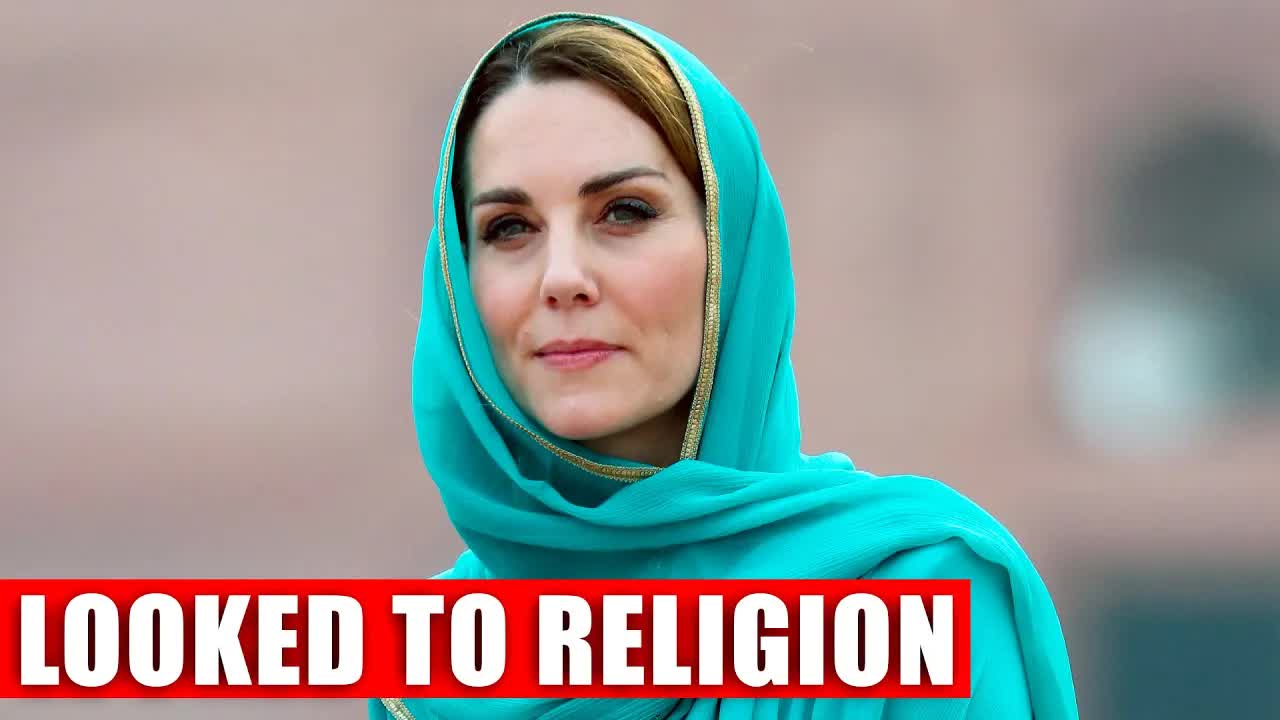In a heartfelt turn of events, Catherine, Princess of Wales, has turned to her faith following a life-altering cancer diagnosis.
This shift towards spirituality comes amidst her ongoing battle with the illness, a journey that has not only impacted her but also those around her.
Royal biographer Robert Hardman sheds light on this transformation in his updated book, “Charles III, The New King.
A New Court, The Inside Story.”
He reveals that as Catherine underwent chemotherapy, she began to seek solace in religious matters.
Sources close to the royal family, particularly from her church community, have noted a positive change in her demeanor and outlook during this challenging time.
Catherine first opened up about her diagnosis in March, describing the news as a significant shock.
The weight of such an announcement is immense, especially for someone in her position.
Yet, through it all, she and Prince William are focusing on maintaining their family’s peace of mind, especially for the sake of their children.
While Catherine embraces her faith, her husband, Prince William, appears to navigate a different spiritual path.
Hardman points out that William respects the traditions of the royal family but feels somewhat detached from their religious practices.
He is portrayed as a modern young man who grapples with some aspects of royal ceremonies and the expectations tied to them.
In contrast, King Charles III holds a deeply rooted faith, having championed interfaith dialogue for decades.
His approach to spirituality starkly contrasts with that of his son, William.
The late Queen Elizabeth II, William’s grandmother, was also known for her unwavering commitment to the Anglican Church, setting a high bar for religious dedication within the family.
Interestingly, Hardman’s earlier work hinted at a potential shift in royal tradition.
It suggested that Prince William might consider renouncing the title of Supreme Governor of the Church of England when he ascends to the throne.
This title, held by British monarchs since the reign of Henry VIII in the 16th century, symbolizes a significant aspect of the monarchy’s connection to the church.
Inside royal circles, it’s understood that William’s spiritual beliefs differ markedly from those of King Charles III.
While the king’s faith is strong, William’s connection to religion is less pronounced.
According to a senior palace source, William respects royal institutions but feels uneasy in strictly religious settings.
Moreover, it has been reported that he does not attend church services every Sunday, a practice many Britons uphold.

